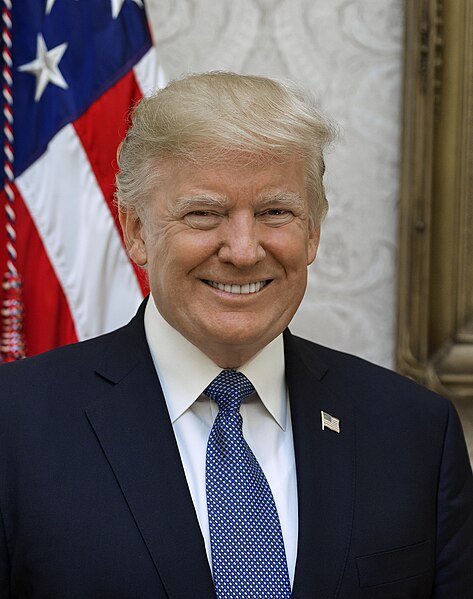Once raucous and meandering brawls, angry tirades, and mass witch hunts, Trump rallies have taken an eerie turn in his third presidential election campaign. Calmer, messianic, and even cultish, rallies are more on par with a religious worship service. As he preaches to his supporters, audience members, suited in MAGA memorabilia, close their eyes and wave their hands in the air. Reverent and calm, they praise the former president as not only their politician but their priest.
So, what’s changed?
The far right weaponization of religion is not a new concept, and certainly not unique to America, Christianity, or Trump. Religious undertones have undoubtedly been embedded in the Trump campaign since 2016, leveraged not as a faith but an ethno-cultural-national identity defined by the inferiority of other groups. Key policies, colleagues, and even his trademark slogan, ‘Make America Great Again,’ nostalgic for outdated society, overlap with the Christian nationalist call to return power to white Christian America.
However, in his third presidential campaign, the rhetoric has intensified drastically. Trump no longer talks about religion as adjacent to his political campaign but as something deeply intertwined. What’s more, Trump has positioned himself as the divine leader in this movement, fashioning himself as specifically chosen by God and effectively “transforming the Republican Party into a kind of Church of Trump,” Michael C. Bender of the New York Times writes.
“He has put himself in the place as somebody playing not just the role of a politician, but as a cosmic savior to a Christian mission,” says Bradley Onishi, a professor of religion at the University of San Francisco, in an interview with NPR.
In January 2024, the Trump campaign published a video called “God Made Trump” saying, “God looked down on his planned paradise and said ‘I need a caretaker,’ so God gave us Trump,” essentially appointing himself as the Evangelical hero to guide the nation.
Further solidifying the “Church of Trump,” the campaign went so far as to create its own bible for supporters, mingling god and patriotism into one unstoppable force. For just $60, users can find canonical books of scripture alongside non-Christian texts such as the US Constitution, the Declaration of Independence, the pledge of Allegiance, and the chorus of Lee Greenwood’s, ‘God Bless the USA.’ While some find this pseudo-religion disgraceful, others identify with the work as a sort of Christian nationalist manifestation.
Yet, to the naked eye, Trump and Faith seem borderline antithetical.
Married three times, involved in four criminal court cases, facing 88 felony charges, a widely known sexual predator, and evidently unfamiliar with the Bible itself (infamously unable to name a favorite verse during his early 2016 campaign), Trump seems to be the perfect anti-Christian. However, for many supporters, his legal and political turmoil is nothing short of biblical.
In this campaign, Trump is a champion of second chances and repentance– a testament to God’s power to guide sinners into virtue. He is often compared to Old Testament figures like Cyrus or David as a flawed individual saved and ordained to lead common-people to justice. Some have even gone so far as to directly compare him to Jesus as articles (endorsed by Trump) surface on social media with titles such as, “The Crucifixion of Donald Trump.” Though he isn’t a church-goer, many voters are willing to excuse his shortcomings on the grounds that he will lead as an example of Christian faith and supremacy.
Trump’s criminal indictments coupled with two attempted assassinations only further this messianic narrative, effectively spinning prosecution into persecution and reckless gun use into martyrdom.
At rallies, Trump relays stories of divine intervention and inspires chants among supporters to “fight” against this supposed siege against the Christian people. At a National Religious Broadcasters meeting in February, he told the crowd, “I’ve been very busy fighting and, you know, taking the, the bullets, taking the arrows. I’m taking ‘em for you. And I’m so honored to take ‘em. You have no idea. I’m being indicted for you.”
This narrative is especially resonant in the face of waning Christianity and growing diversity in the US. Onishi points out that Christian nationalist voters are ready for “somebody who will act as the brutalizing barbarian needed to take the country back.”
Trump is not sinless, but “he promises to punish those who have caused this country to go the wrong way.” Like biblical heroes, supporters aren’t concerned with his past, but where he is fervently leading the country.







